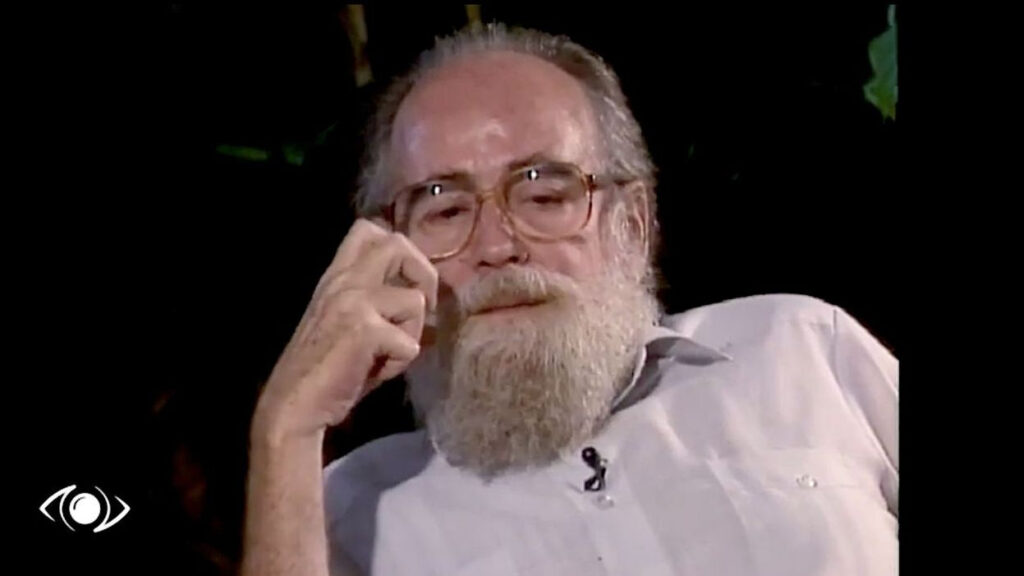Manuel Piñeiro died in strange circumstances while preparing his autobiography

14ymedio, Juan Izquierdo, 26 March 2024, Havana — This Tuesday, not a single official newspaper alluded, in the eulogies dedicated to the anniversary of State Security, to its most famous founder, Commander Manuel Piñeiro, known as Barbarroja. On the other hand, there are many tributes to the “true heroes of silence” – such as centenarian Julio Camacho Aguilera and Abelardo Colomé Ibarra, two incombustibles – and reports of numerous awards to active agents in various provinces.
This was the case of a group of ten G2 officers in Sancti Spíritus who received medals for their work as “outstanding combatants” in surveillance at the local level. Of those decorated, only three colonels “with high responsibilities” in State Security allowed themselves to be photographed and identified. In a speech by Julio Jiménez, from the provincial bureau of the Communist Party, there were quotes from Fidel and Raúl Castro, in addition to Ramiro Valdés, but Piñeiro was also omitted.
Crossed out of official history and having died in suspicious circumstances – an alleged accident while driving his own car– in 1998, Fidel Castro’s spy chief also did not find his place in the delirious history of the regime’s counterintelligence published by Cubadebate and the official state newspaper Granma, which seeks its antecedents in none other than the War of Independence of 1895. Back then, a certain “agent Luis” received instructions from José Martí to develop “original methods” to outwit Spanish intelligence.
Having the Military Leader leave the Sierra Maestra unharmed was “the most important mission” of a group of agents who, in the long run, constituted the Rebel Intelligence.
After multiple historical ramblings – which also turned Julio Antonio Mella and Carlos Baliño, among others, into spies – Cubadebate insists that State Security meant, in its origins, the security of one man: (Fidel) Castro. That the leader left the Sierra Maestra unharmed was “the most important mission” of a group of agents who, in the long run, constituted the Rebel Intelligence and its “peasant observation service,” in charge of interrogating guajiros (rural farmers) suspected of collaborating with Fulgencio Batista.
Although Barbarroja – who was part of the column led by Fidel Castro himself and then by his brother Raúl – had a leading role, before and after 1959, in the


